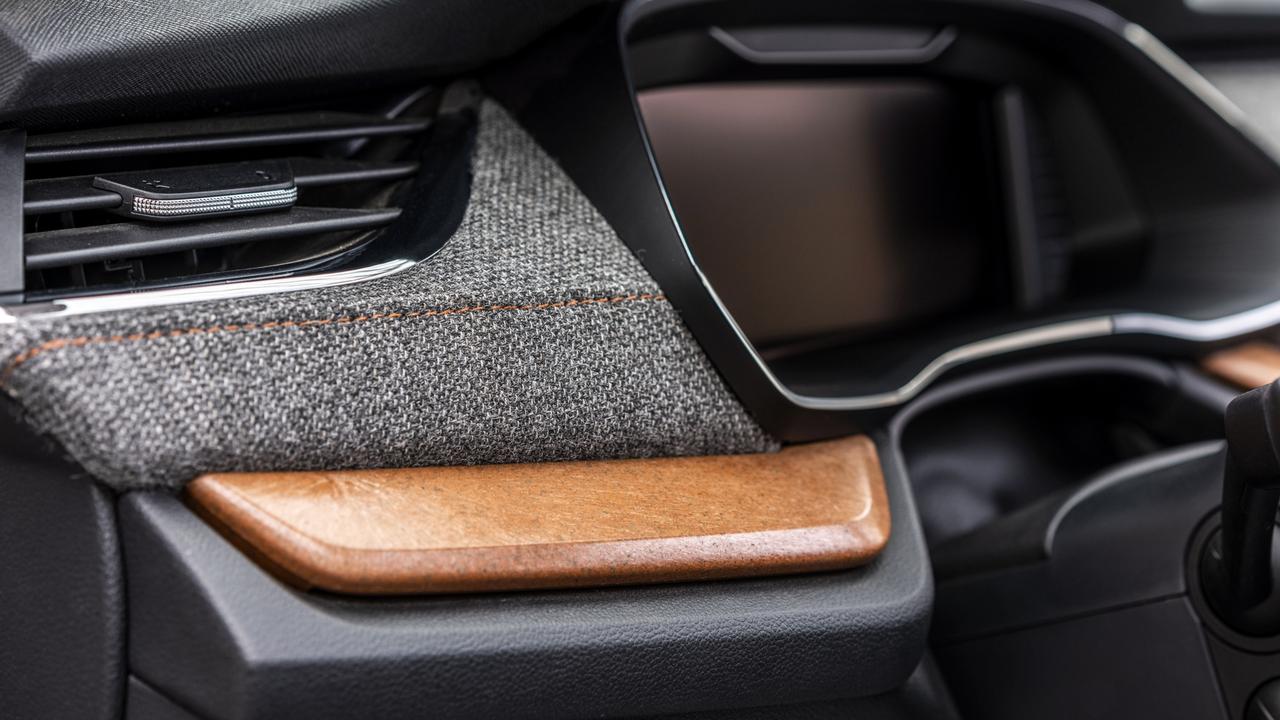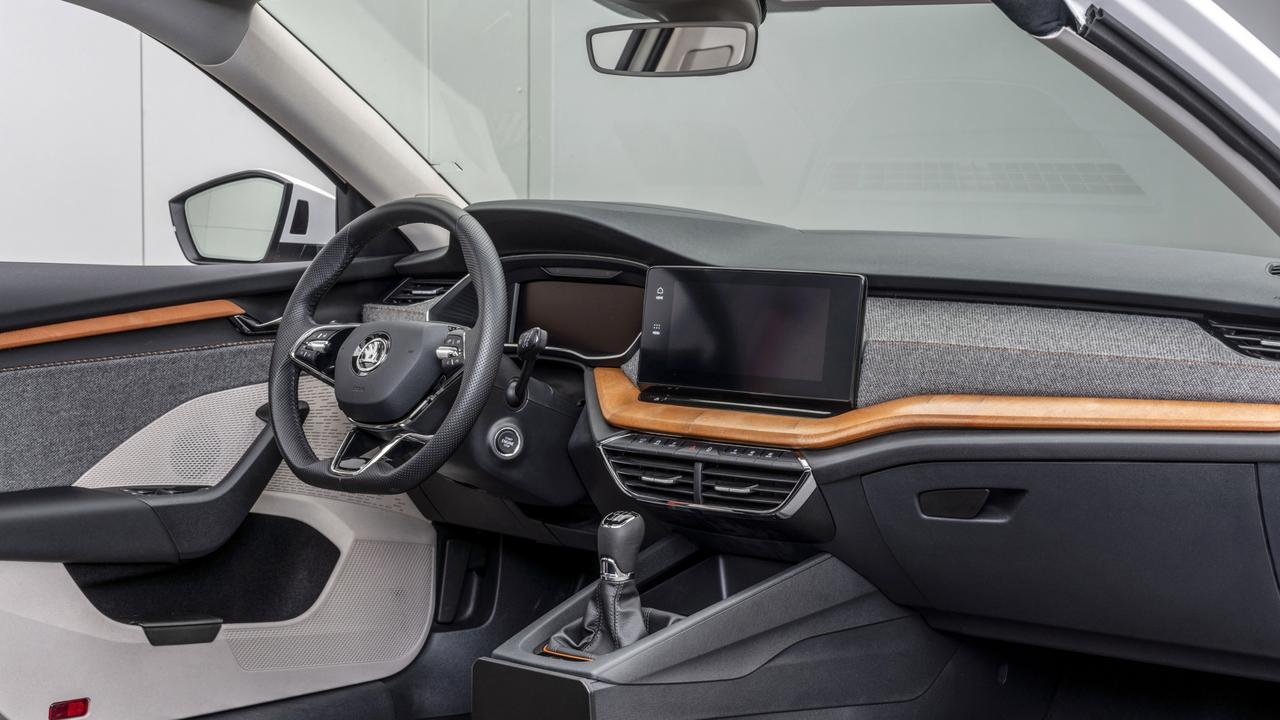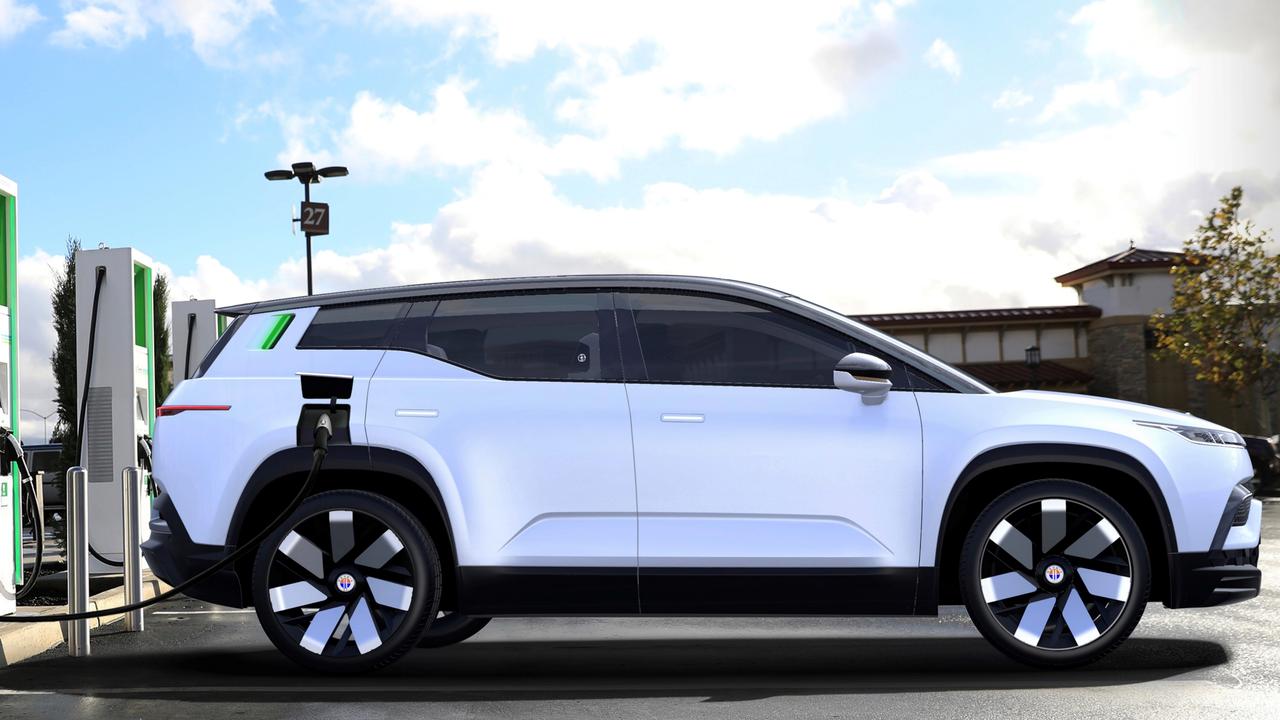Car makers developing sustainable materials in vehicles
Auto companies are undergoing a massive transformation with a range of new products that will change the cars we drive forever.
Skoda could be on the verge of a big breakthrough.
The Czech brand, which is part of the giant Volkswagen Group, has revealed plans to ditch large amounts of plastic from its cars in favour of sustainable products.
Skoda has revealed an innovative new material made out of sugar beet pulp. The plant is widely grown in Europe and North America for sugar production.

The material has been developed with the Technical University of Liberec in Czech Republic.
Skoda believes the new sustainable material could replace plastic used in door panels, pillars and on dashboards.
Johannes Neft, a Skoda board member, says the brand is developing a wide range of products to make its vehicles more sustainable.
“We are addressing much more than just the CO2 emissions of our vehicle fleet; we are also focusing on researching and using ecologically sourced materials and investigating, for example, how materials such as coconut fibres or rice husks can be used in the future,” says Neft.

Skoda’s new Enyaq iV electric SUV uses a mixture of wool and recycled plastic bottles for its seat covers and the company is starting to use natural dyes made from olive leaves for its leather products.
Skoda isn’t the only car brand pioneering the use of sustainable and recycled materials.
The new Mercedes-Benz S-Class sedan uses about 100kg of recycled materials and a further 40kg of sustainable raw materials. One of the recycled items is the floor coverings made out of used nylon fibres.

Mini is ditching all leather products from its future vehicles.
The British brand’s design boss Oliver Heilmer, told UK publication Autocar the company was banning leather in favour of sustainable fabrics.
“We don’t need leather any more in the future, because we don’t believe it’s sustainable,” says Heilmer.
“We’re totally convinced that we will have modern and high-value products without leather.”
Volvo just announced it would no longer use leather in its electric cars. The Chinese-owned Swedish brand will use natural and recycled materials instead.

American electric car start-up Fisker’s upcoming Ocean SUV will be one of the most sustainable vehicles in the world.
The Ocean makes extensive use of recycled materials.
The carpet is regenerated nylon made from fishing nets pulled from the ocean, while other parts of the car use discarded rubber waste from tyre manufacturing.

The interior doesn’t use animal products. Instead it has eco-suede upholstery made from recycled polyester from T-shirts, as well as recycled bottles and plastics.
Tyre manufacturer Continental is joining the party, too, using fibres made out recycled plastic bottles to construct the tyre frame. Continental says about 60 bottles can be used for a complete set of vehicle tyres.




